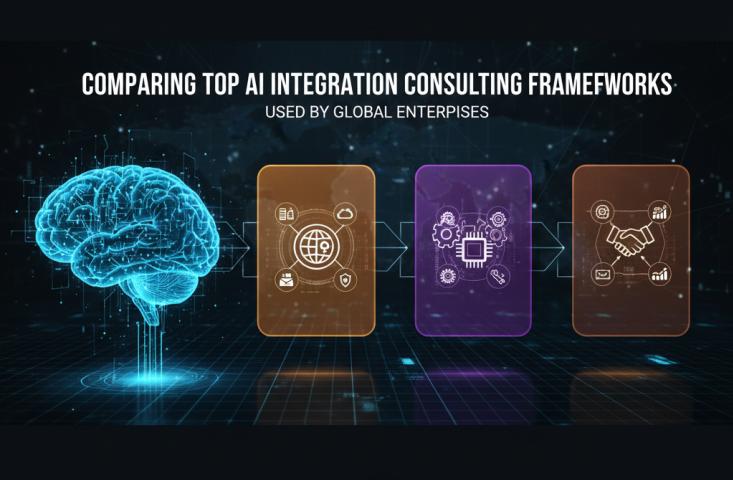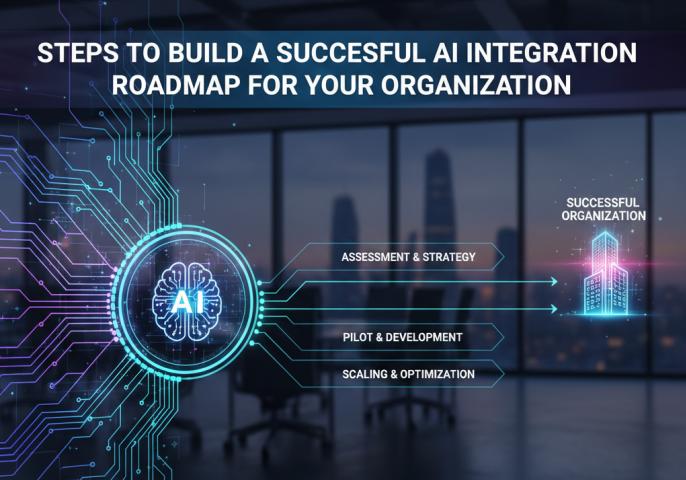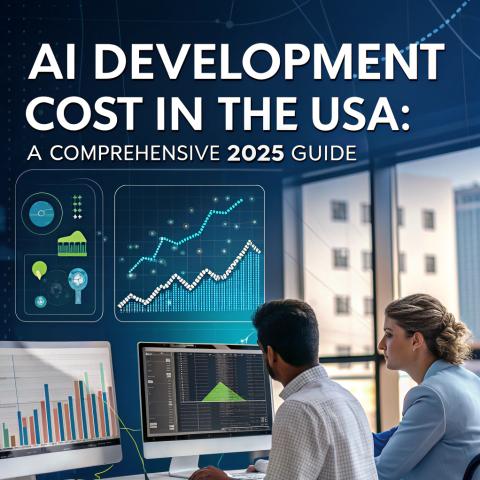The global sports betting market has experienced substantial growth over the past decade, now valued at $102.4 billion. Artificial intelligence is playing a pivotal role in accelerating this expansion—bringing speed, precision, and data-driven intelligence to the industry. With AI, bettors and platforms alike benefit from real-time analytics, rapid data processing, and highly accurate predictions.
In this article, we invite you to explore how AI is reshaping the sports betting landscape. We'll examine the transition from traditional practices to modern AI-powered approaches, explore the key capabilities of AI in betting, and highlight the challenges and future outlook of this evolving industry.
The Rise of AI in Sports Betting
Before the integration of AI, sports betting largely depended on human intuition, limited statistics, and subjective judgment. Bettors made decisions based on personal experience, historical performance data, partial insights, and general market trends. This manual, often biased approach left much room for error—and offered little in terms of predictive accuracy.
The lack of advanced tools meant that most analyses were time-consuming, surface-level, and incomplete. Betting strategies relied heavily on chance and gut feelings, making the process unpredictable and difficult to scale.
Today, AI has changed the game. With advanced algorithms capable of processing massive datasets in real time, bettors can now access deep, data-backed insights that dramatically improve decision-making and risk management.
Read the full article.
















